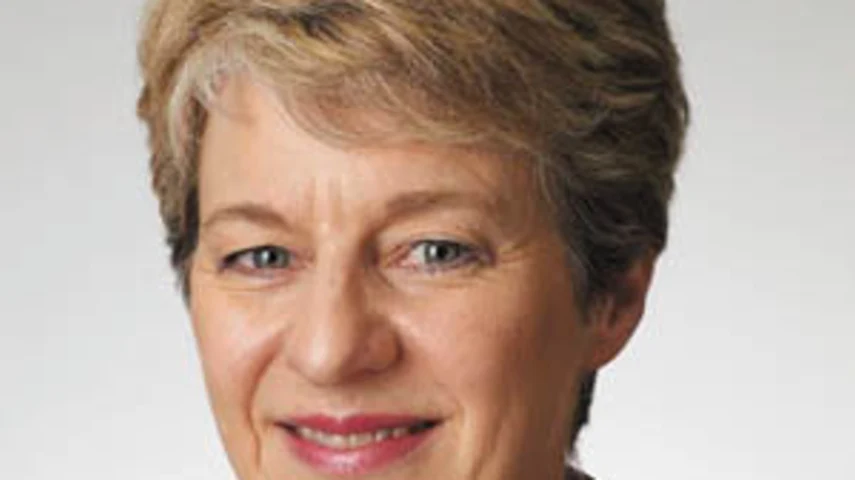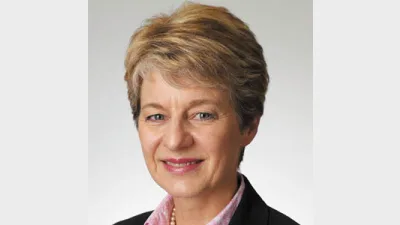Greater risk for retirees with SMSFs: CareSuper



CareSuper chief executive Julie Lander has warned there is a big difference between a member controlling their own money compared to administering their own fund.
The complexity of reporting, compliance requirements and high costs associated with self-managed super funds (SMSFs) could result in greater financial pressures for retirees.
"Many investors attracted to establishing an SMSF have little understanding of ongoing compliance costs and the severe fines they potentially face if they don't comply with a raft of complex regulatory requirements," Lander said.
Adviser fees pushed costs up even further, according to Lander.
"What brings this cost into question is that a majority of SMSFs are invested in cash, term deposits and Australian equities," she said.
"These investment options are available via CareSuper at a fraction of the cost."
The not-for-profit super fund launched a direct investment option last December in response to the needs of investors who did not want the burden of trustee obligations.
The ASX300 investment option will be expanded to include term deposits, exchange-traded funds and listed securities this year.
Other funds to incorporate direct investment options include Club Plus Super, AustralianSuper, legalsuper and Telstra Super.
Recommended for you
Australia’s largest super fund, AustralianSuper, has announced multiple additions to its executive leadership team to focus on global growth and innovation.
Super Review rounds up last month’s biggest people moves in the superannuation industry, including a new fund chair and a private markets head.
Investment returns for the Future Fund hit a milestone in September, adding $200 billion in value for the first time ever.
Australia’s largest super funds have deepened private markets exposure, scaled internal investment capability, and balanced liquidity as competition and consolidation intensify.










